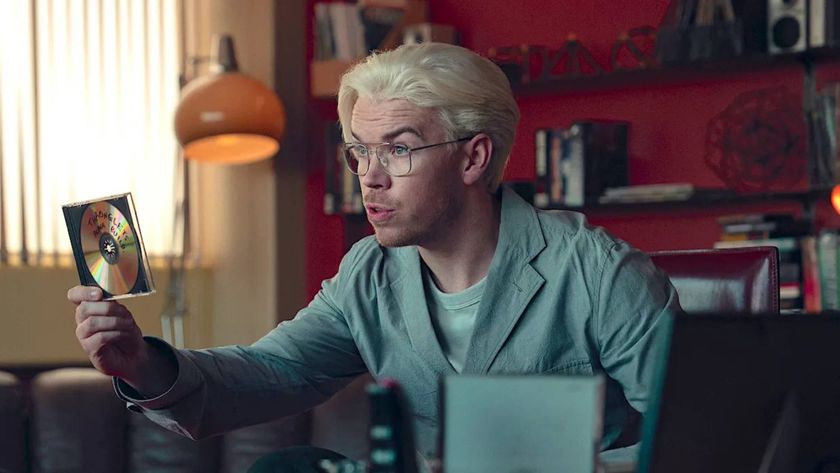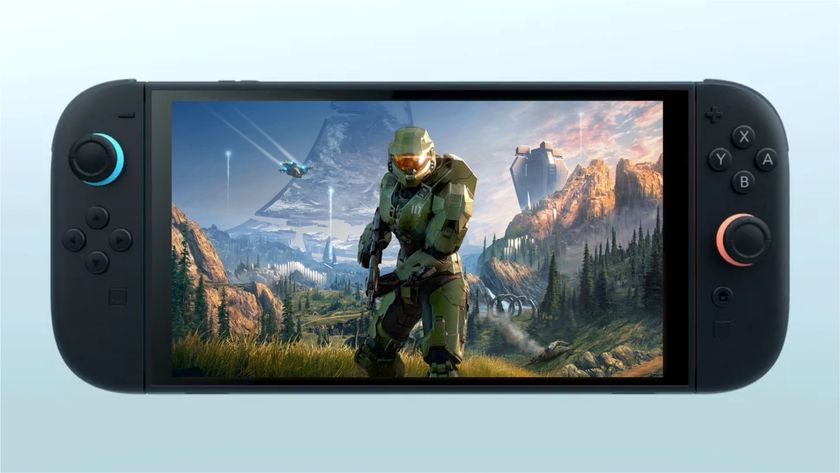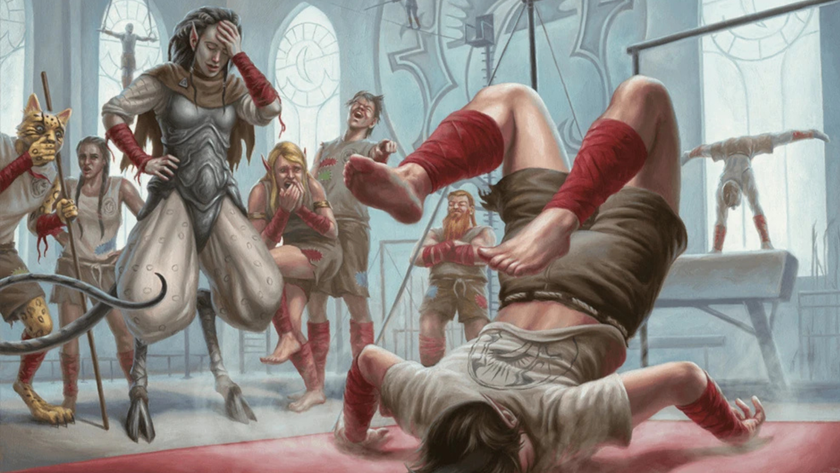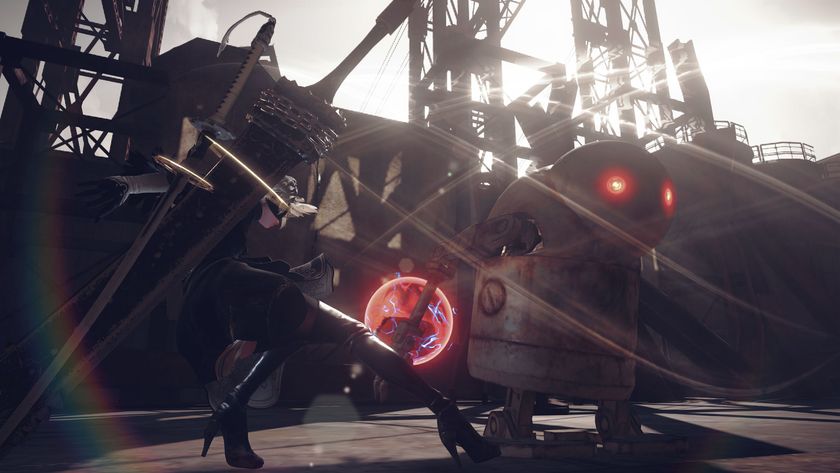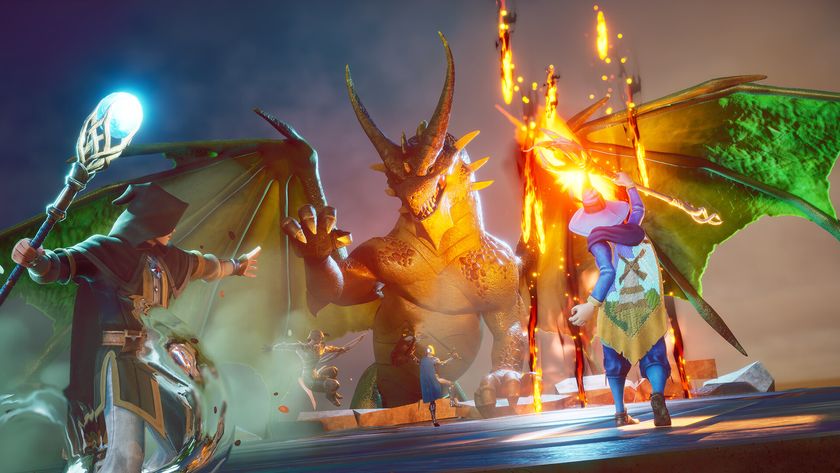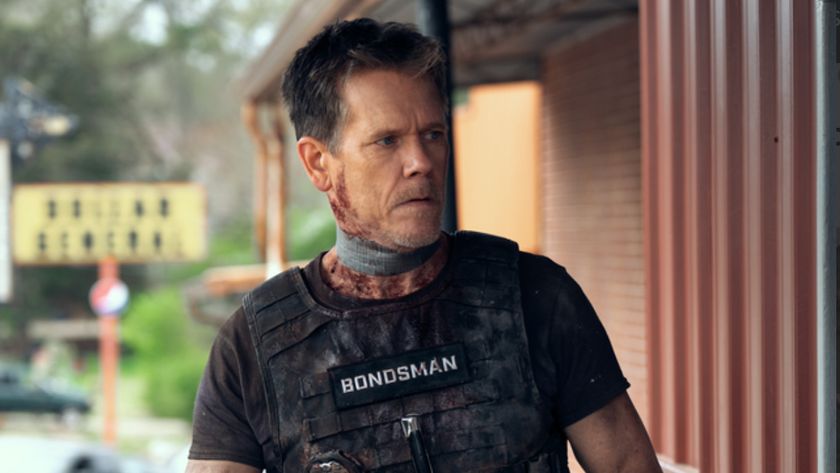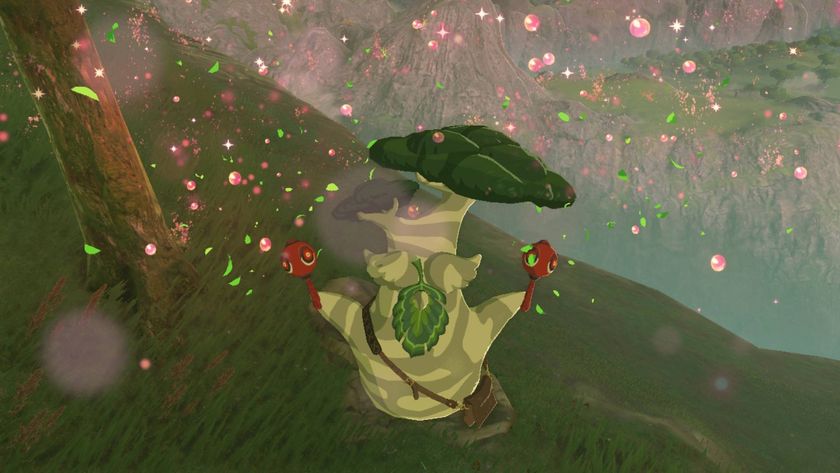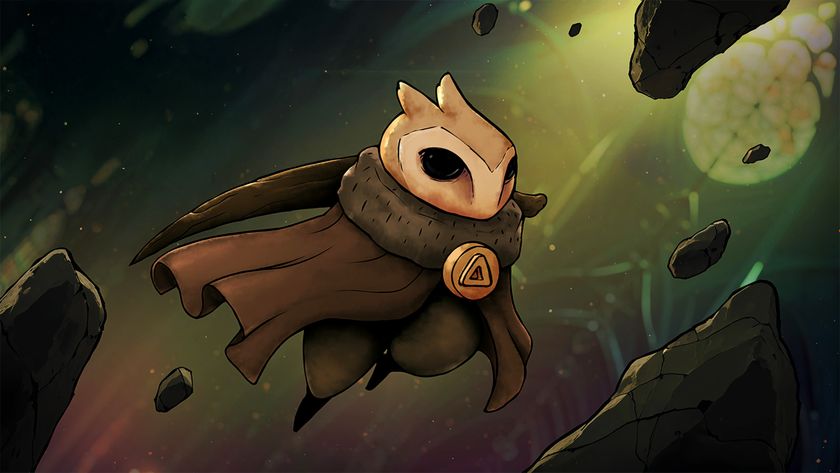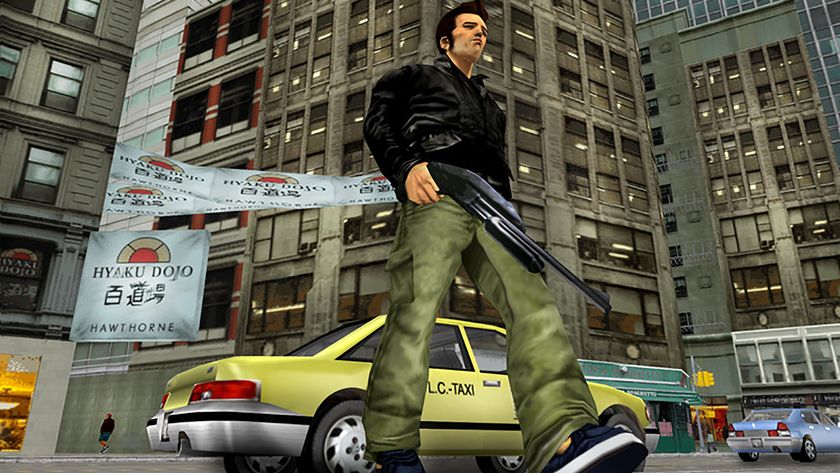Atlus makes games like Persona 3 by "serving players deadly poison wrapped in a sweet coating"
"If they like it, they like it, if they don’t, they don’t"
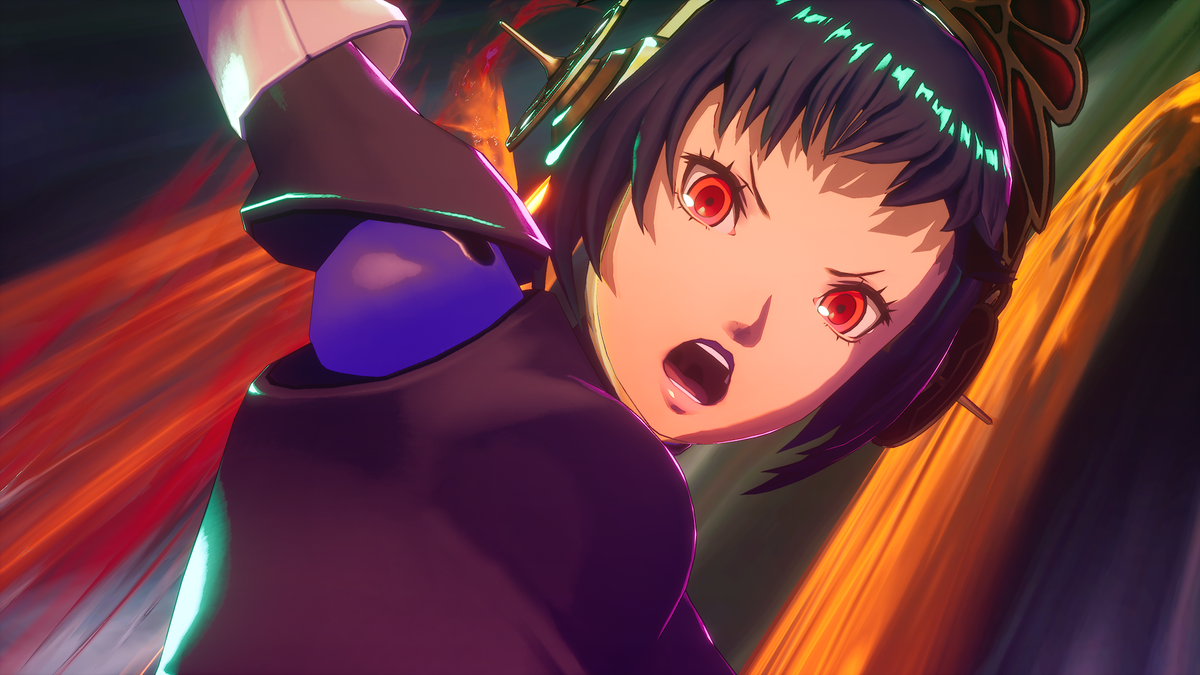
I've not dipped my toe into the Persona games, but many of my friends and colleagues love them. According to Atlus developer Kazuhisa Wada, that's a key and very intentional part of how the company makes the series.
Wada recently spoke at the CEDEC+KYUSHU developer conference in Japan (reported by Game Makers with translation provided by Automaton) about how the company's design philosophy has changed since making Persona 3 in 2006.
Before Persona 3, Atlus' values were coined as "Only One," by Wada. It basically meant, "if they like it, they like it, if they don’t, they don’t." Rather than making games with broad appeal that don't do much of anything so as not to potentially put anyone off, the Persona series does what it does very well: stylish action, dungeon crawling, and deep relationship development. When I write it like that, I convince myself I should play.
In some of the games even elements like time and the weather can affect fights and the story itself. It all sounds cool, and I appreciate it from afar, but for some reason they've just never clicked with me. Based on the company's past values, that's just fine. The games have done well by cultivating a dedicated fanbase and appealing to them, not trying to win over people like me. Wada says this kind of policy is exactly why he joined Atlus in the first place.
Now, though, the values have changed slightly. The company still wants to make its games in an uncompromising way, but these days more players than ever are required to turn a profit. After Persona 3, the new policy became to make games that are "Unique & Universal," meaning they're singular and interesting but also relatable.
Almost all the Persona games are set in and focus on high school, and most people can relate to struggles they went through during those anxious teenage years. Atlus can still present its games in a unique way, but the themes resonate with a lot of people.
"To put it more succinctly, it’s like serving players deadly poison wrapped in a sweet coating," Wada explains. With its latest game, Metaphor: ReFantazio being nominated for many awards and even winning Best RPG at The Game Awards, it's a strategy that's paying off, even if I probably won't ever get around to playing myself.
Sign up to the 12DOVE Newsletter
Weekly digests, tales from the communities you love, and more
If you want some great titles to get stuck into over the holidays, check out our list of the best RPGs, there are some Persona games on there.

I'm Issy, a freelancer who you'll now occasionally see over here covering news on GamesRadar. I've always had a passion for playing games, but I learned how to write about them while doing my Film and TV degrees at the University of Warwick and contributing to the student paper, The Boar. After university I worked at TheGamer before heading up the news section at Dot Esports. Now you'll find me freelancing for Rolling Stone, NME, Inverse, and many more places. I love all things horror, narrative-driven, and indie, and I mainly play on my PS5. I'm currently clearing my backlog and loving Dishonored 2.
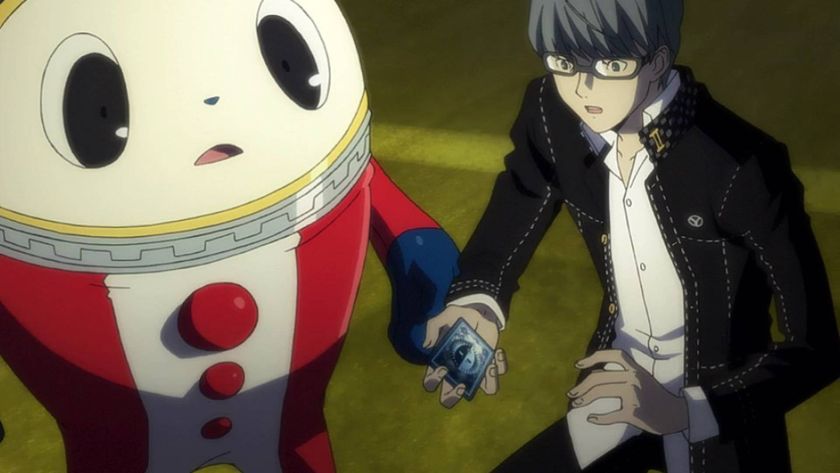
Persona 4 fans are in shambles as website domain for "p4re" appears, potentially following in the footsteps of the Persona 3 Reload announcement
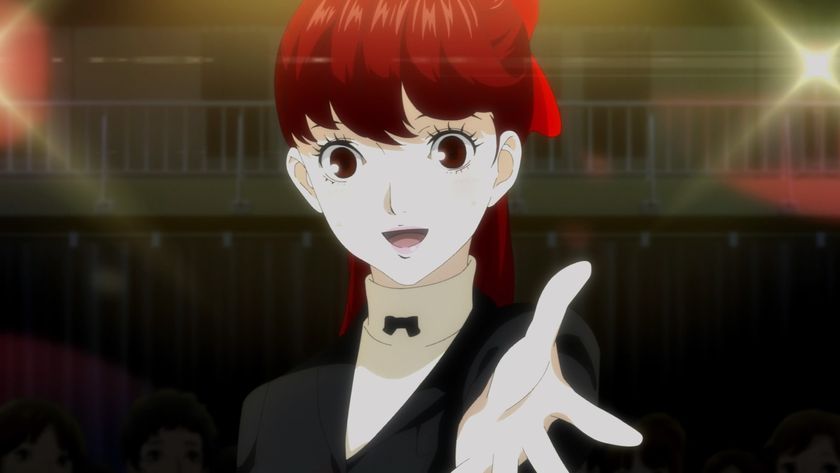
Sega outlines plan to "strengthen" Persona, Yakuza, and Sonic studios, says "Atlus is an important studio for us to expand Japanese IPs overseas"
